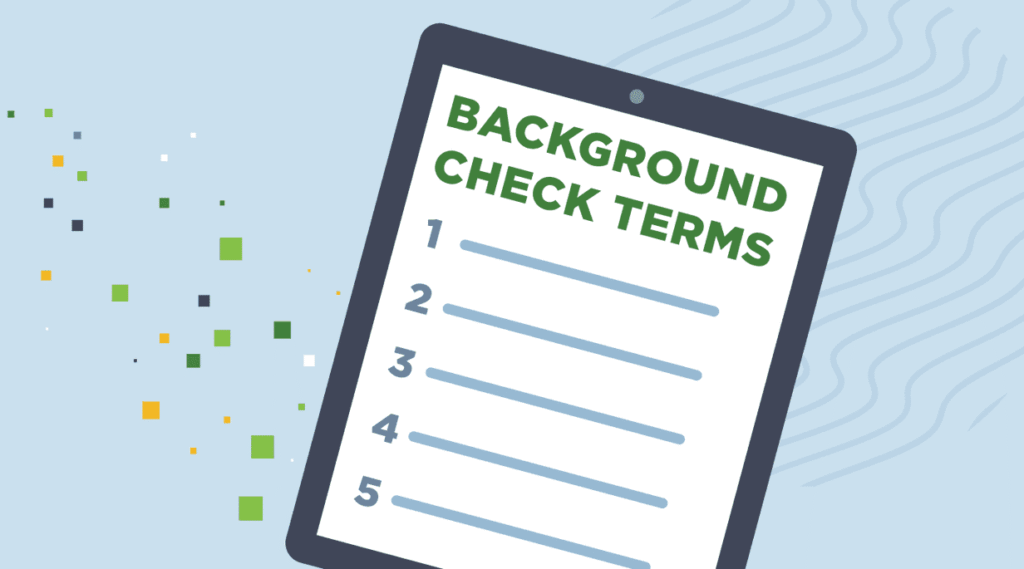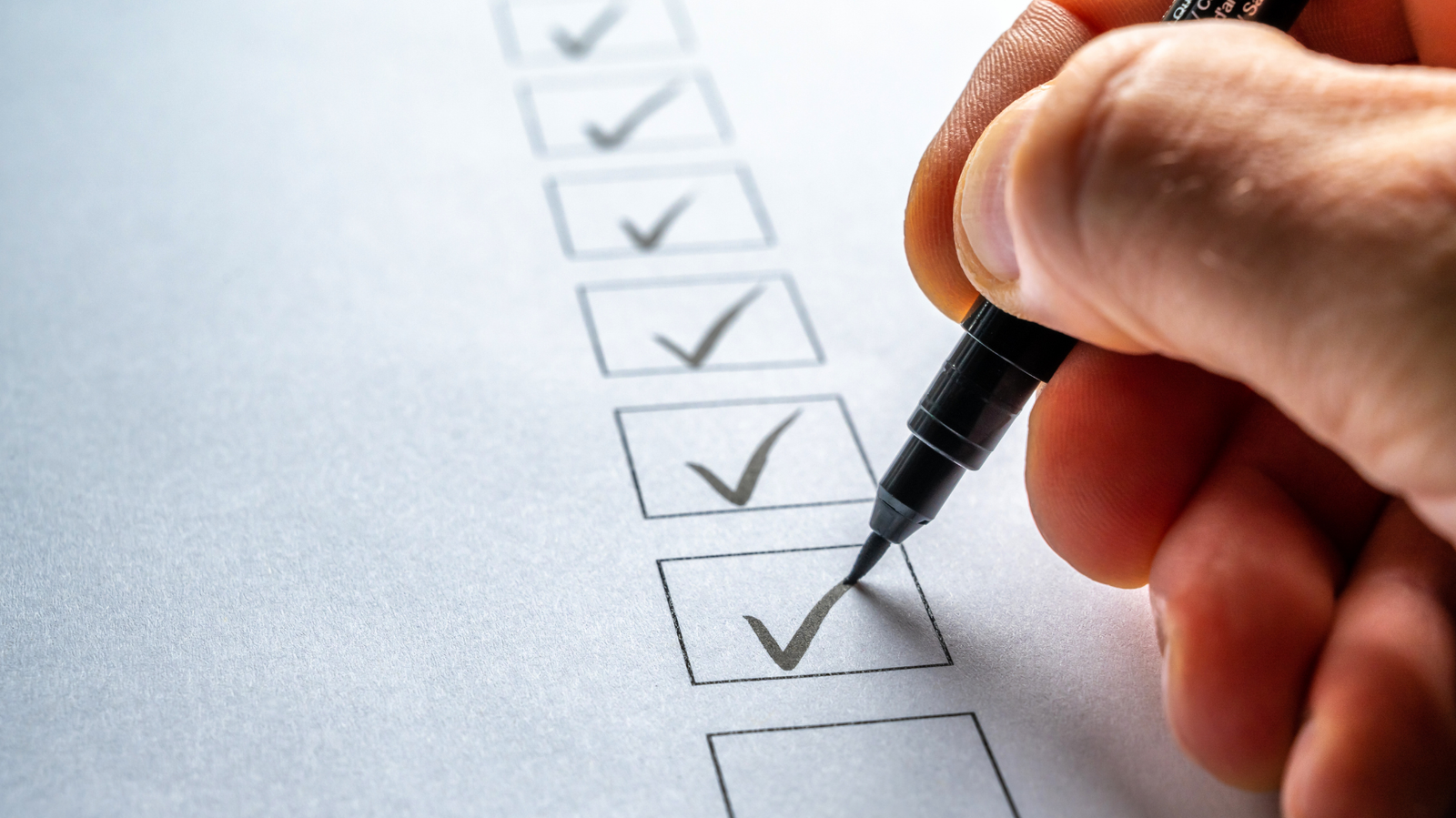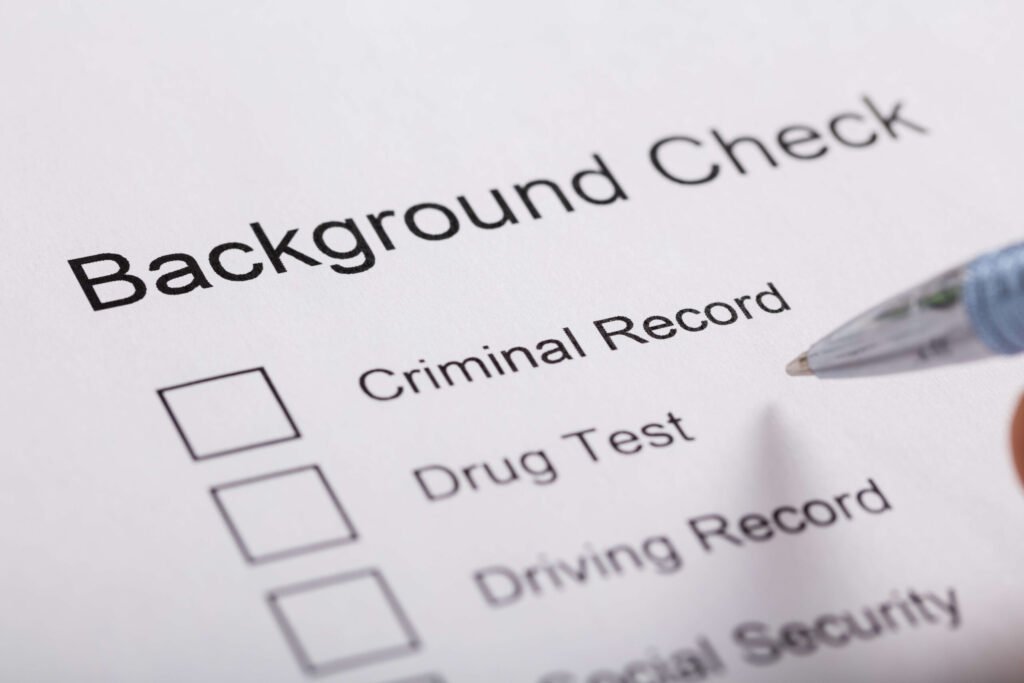For North American and European remote workers dreaming of living abroad, the digital nomad visa has become an attractive gateway to longer stays. Yet obtaining one is more complex than buying a plane ticket. Within the first few steps of any Digital Nomad Visa Application, candidates must gather official documents, complete stringent background checks and secure an apostille. These requirements exist because governments need to verify the legitimacy of applicants and ensure they pose no security risk.
Understanding Background Checks and Apostilles

Before diving into country-specific processes, it is essential to grasp two core concepts that influence every application: criminal background checks and the apostille. A criminal record certificate or police clearance is a document that confirms whether an applicant has been convicted of a crime. Many countries demand such checks from every country the applicant has lived in for the last one or two years.
An apostille is an internationally recognized form of document authentication created by the 1961 Hague Convention. The U.S. government explains that apostilles verify the signatures, seals or stamps on important documents, including court orders, vital records and educational diplomas. Brazil’s consular guidance notes that criminal record certificates issued outside the country must be apostilled and translated into Portuguese, English, Spanish, French or Slovenian.
Understanding these two elements helps applicants anticipate the time and cost involved in securing official documents. Delays often occur because applicants underestimate how long it takes to obtain background checks from federal or national authorities and then have those checks apostilled. Applicants from the U.S. should budget time for an FBI identity history summary and, depending on state requirements, additional state police records. Canadians should request a Certified Criminal Record Check from the Royal Canadian Mounted Police (RCMP). Europeans usually obtain police certificates from their national police or interior ministries.
Country‑Specific Requirements: Brazil
Brazil’s VITEM XIV digital nomad visa sets out clear rules for background checks. Applicants must provide original criminal record certificates from their country of citizenship and any country where they have lived in the last 12 months. The Brazilian Ministry of Foreign Affairs states that police checks are valid for only three months and must be apostilled.
If the document is not in Portuguese, English, Spanish, French or Slovenian, an official translation is required. Brazil also requires a birth certificate with an apostille. Applicants must show proof of income of at least $1 500 per month (about €1 343 or R$ 8 100) or bank statements totaling $18 000 (around €16 100 or R$ 97 000). Consular fees vary by nationality—Americans pay about €304.50, whereas applicants from other countries pay €105.
Checklist of Required Documents

The following checklist summarises the major documents needed for a digital nomad visa. Use it as a starting point and verify any additional national requirements.
- Valid Passport: Ensure your passport is valid for at least six months beyond your planned stay. Most countries require at least two blank pages.
- Visa Application Form: Complete the official application form for your target country. Spain uses a national visa form, Estonia offers an online application, and Brazil has a specific VITEM XIV form.
- Passport‑Style Photograph: Provide a recent photo with specified dimensions (e.g., 3.5 × 4.5 cm).
- Proof of Residence: Some consulates require evidence of legal residence in your country of application (e.g., U.S. green card or Canadian residency card).
- Criminal Background Check: Obtain a federal or national background check (e.g., FBI Identity History Summary for U.S. citizens, RCMP check for Canadians) covering the last one to five years.
- Apostille Certificate: Secure a Hague apostille for the background check and other official documents. The U.S. government notes that state documents require this certification from state secretaries, while federal documents need it from the Department of State.
- Translations: Have non‑English or non‑Portuguese documents translated by sworn translators. Brazil requires translations into Portuguese, English, Spanish, French or Slovenian. Spain demands translations into Spanish.
- Company Letter or Employment Contract: Provide a certificate from your employer confirming that you work remotely and earn above the income threshold. Self‑employed applicants should submit contracts with foreign clients.
- Proof of Income: Submit bank statements or pay slips showing the required monthly income. Some countries allow proof of savings equal to a specific multiple of the minimum salary.
- Health Insurance: Purchase international health insurance valid in the host country for the entire duration of your stay. Brazil and Portugal require coverage for medical repatriation.
- Birth and Marriage Certificates: When bringing a spouse or dependents, present birth or marriage certificates with the certification and translations.
- Other Supporting Documents: Additional items may include proof of accommodation, flight reservations, tax statements and educational diplomas. Always check the latest consular instructions.
Step‑By‑Step Digital Nomad Visa Application Checklist
- Research your destination: Compare the requirements, taxes, cost of living and climate of potential host countries. Consider whether you prefer Spain’s Mediterranean lifestyle with winter temperatures around 10 °C (50 °F) or Estonia’s cold winters, where temperatures can drop below –10 °C (14 °F).
- Start with background checks: Initiate your background checks as soon as you decide to apply. U.S. applicants can request an FBI check online, but processing can take several weeks. Canadian applicants should submit fingerprints to the RCMP, while Europeans may request certificates from police authorities or ministries.
- Request apostilles: Once you receive your criminal record, send it to the competent authority for a Hague apostille. In the U.S. this means the Department of State for federal documents. Processing times vary; allocate at least two weeks.
- Gather translations: Identify sworn translators and obtain quotes. Ensure your translated documents match the original format.
- Collect other documents: Assemble your passport, photos, employment letters, bank statements, insurance certificates and other official papers.
- Complete the application: Fill in the Digital Nomad Visa Application form carefully. Double‑check names, dates and numbers to avoid delays.
- Schedule your appointment: Book a time at the nearest consulate or embassy. Some countries allow online submissions followed by in‑person appointments.
- Submit and pay fees: Submit the entire package of documents, pay consular fees and provide fingerprints if required. Spain typically processes applications within one month, while Brazil may take several weeks.
- Plan your relocation: Once your visa is approved, confirm housing arrangements and consider tax obligations. 10. Register locally: Some countries require registration with local authorities or police within a set period after arrival; Brazil mandates Federal Police registration within 90 days.
Obtaining Background Checks and certificates in Your Home Country

The process for obtaining background checks and apostilles differs by jurisdiction. For U.S. citizens, the FBI’s Identity History Summary (IdHS) is the standard. Applicants can request the IdHS electronically or by mail and should also check whether their state requires an additional police clearance. Once the documents arrive, they must be certified by the U.S. Department of State or the relevant Secretary of State. Canadian applicants must obtain a Certified Criminal Record Check using fingerprints sent to the RCMP. This document can be certified by Global Affairs Canada.
European applicants obtain police certificates from their national authorities. For example, French citizens use the bulletin n°3 from the Ministère de la Justice; Germans request an Führungszeugnis; and UK residents order a basic Disclosure and Barring Service (DBS) certificate. Applicants should consult each authority’s website for processing times and fees.
For translation, hire a sworn translator familiar with visa processes. The translator will deliver a certified translation and may bind it to the original documents. Always send the original and photocopies to the consulate.
Timelines, Costs and Practical Tips
Applying for a digital nomad visa is not inexpensive. Expect to pay for the background checks ($18 for an FBI IdHS), apostilles ($20–$60 per document), translations (often €50–€100 per page), consular fees (up to €304.50 for Brazil) and courier services. These costs multiply if you are applying with a family, so budget carefully.
Processing times also vary. Brazil advises applicants to plan well ahead because appointments at consulates can be scarce and incomplete documents can cause delays. Always start your Digital Nomad Visa Application at least three months before your intended move.
One overlooked tip is to scan all your documents and store them in a secure cloud folder. If you lose paper copies, digital backups can save you. When travelling, carry extra passport photos and copies of your background checks, certificates and translations. It is wise to print a checklist and tick off each item as you progress; this mental reinforcement ensures you meet the 1.3 % keyword density across your own notes!
Quick Questions Answered
• Do I need more than one background check? Yes. Many consulates require multiple checks—for example, a federal certificate and a state police report—because they want to ensure your Digital Nomad Visa Application reflects your entire history.
• What documents get an apostille? Only public documents like criminal records, birth certificates and marriage certificates receive an apostille. Bank statements and employment letters usually do not, but always verify the list in your Visa Application.
• How long is the application valid? Consulates often accept background checks issued within three to six months, so plan your application timeline accordingly and note the expiry of each document.
Key Takeaways
In every Visa Application, you must include these background checks and attach an apostile when required. Failing to do so will derail your application. To avoid confusion, organise your documents early and treat the application as a single package.
When reviewing your application process, consular officers will cross‑reference the information in your background checks with the details in your other documents. Discrepancies can result in refusal. Therefore, make sure to includes consistent personal information across all documents and background checks.
Conclusion
Your Visa Application represents a commitment to transparency. Remember that every process is unique. By submitting complete background checks and correctly certified documents, you show respect for your host country’s regulations. Treat your Visa Application as a roadmap: mark when each document must be ordered, apostilled and translated. Diligent preparation of your documentation today will ensure your global adventure begins smoothly.
References






